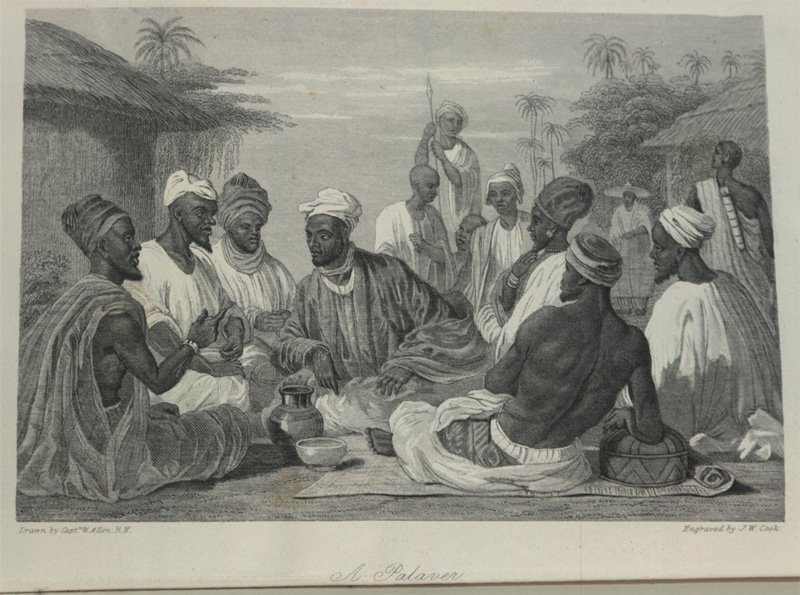
The Oyo Mesi and Alaafin: A Dynamic Power Duo
At the heart of the Oyo Empire’s political landscape was a unique power-sharing arrangement between the Oyo Mesi, a council of elders, and the Alaafin, the king. This dynamic relationship showcased a delicate balance of authority and consultation, setting the empire apart in its approach to governance.
Oyo Mesi: Guardians of Tradition
The Oyo Mesi, comprised of wise and seasoned elders, held significant sway within the empire. Their role was to act as custodians of tradition, ensuring that the governance of the realm adhered to the principles and values that had been established over generations. The council deliberated on matters of policy, justice, and succession, wielding influence that complemented the monarchy.
Alaafin: The Royal Sovereign
The Alaafin, the king of the Oyo Empire, served as the paramount ruler. However, unlike absolute monarchies seen in some parts of the world, the Alaafin shared authority with the Oyo Mesi. While the king held significant power, the council acted as a check and balance, providing a forum for collective decision-making and consultation.
Influence Beyond Borders
The Oyo Empire’s political system was not only a reflection of internal governance but also had a profound impact on neighboring regions. Its influence extended beyond territorial boundaries, shaping political structures in surrounding areas and fostering diplomatic ties based on mutual respect and cooperation.
Legacy and Modern Implications
The legacy of the Oyo Empire’s political structure endures in contemporary Nigeria. The principles of consultation, respect for tradition, and shared governance continue to influence the nation’s political landscape. The historical foundation laid by the Oyo Mesi and Alaafin serves as a reminder of the richness and complexity of Africa’s historical civilizations.
As Nigeria navigates its modern challenges, the echoes of the Oyo Empire resonate, reminding the nation of a time when a unique and balanced political structure thrived in the heart of West Africa. The lessons of the past continue to shape the trajectory of the region, offering valuable insights into the art of governance.
